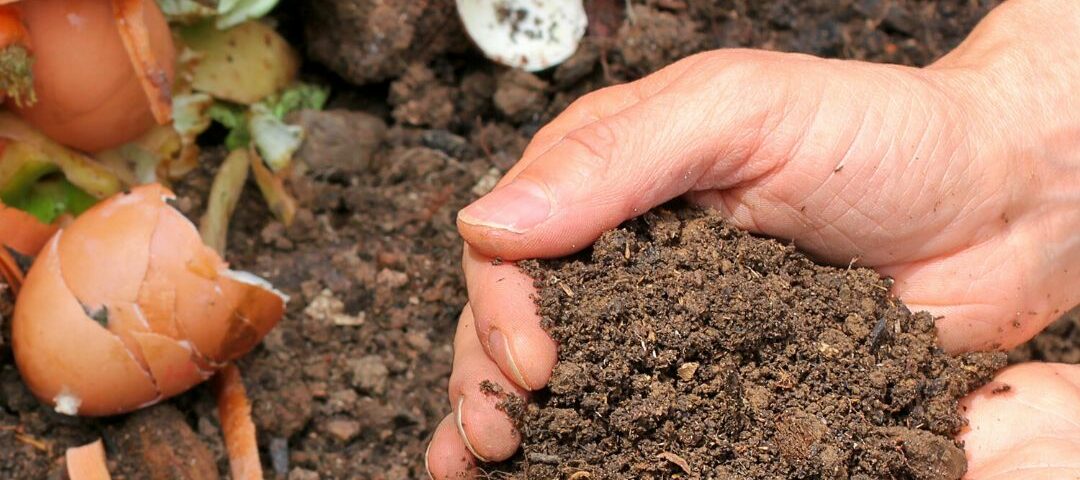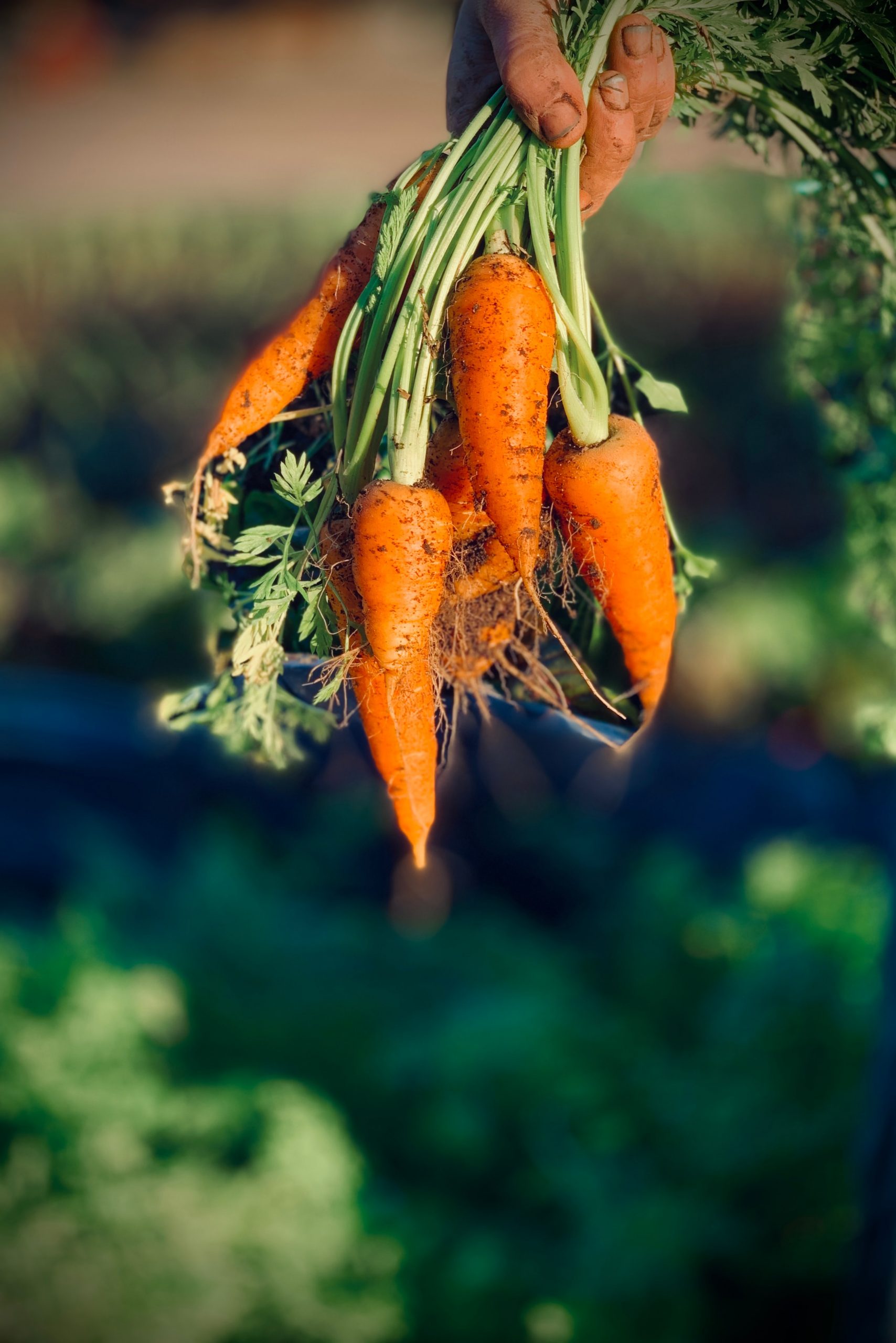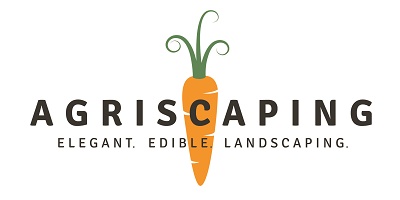Why Vegetable Gardeners Should Be Soil Gardeners First

Why Vegetable Gardeners Should Be Soil Gardeners First
It’s been said that every good vegetable gardener should be a soil gardener first, yet many of them treat their soil like dirt. As the hungriest part of any garden, soil must be constantly fed and repaired each season in order to be healthy and productive. Here are four ways to be a better soil gardener.
1. Know Your Soil Type
Soil typically categorized into three basic types: clay, sand and silt. The categorization is based on the size of the particles within the soil, and each soil type affects drainage, nutrient absorption and root growth.
Clay has very fine particles making drainage and root growth difficult, but it tends to retain more nutrients than other soil types. Sand has larger particles making drainage and nutrient retention nearly impossible, but makes it easy for roots to quickly grow. Silt has medium-sized particles, making it ideal for water and nutrient retention, but it can pack quickly often stunting root growth. When amendments and organic matter is added to silt, it retains nutrients and moisture yet drains well, providing an ideal soil for root and plant growth.
When you know the type of soil you are working with, you can modify the volume and type of amendments you add to the soil to grow it into the most ideal soil possible. Your county extension service can help point you in the right direction for soil testing.
2. Add Moderate Mineral Amounts
Minerals are small pieces of rock that are broken down and absorbed. The most important minerals that gardens should care about include nitrogen, phosphorus, and potassium because they are extracted by plants who absorb them in greatest quantities. These are often found in organic amendments. While there are other minerals that are important, secondary priority minerals include calcium, magnesium and sulfur, which are often found in gypsum and similar amendments.
By adding different amounts of sand, clay and silt, soil can better absorb and retain these minerals. In particular, clay both adds, and helps soil retain phosphorus. In addition, these additives will change the size of particles in the soil and help organic material better feed the plants and microorganisms found there.
3. Feed Soil Organic Material
Organic matter is anything that was once living that can be decomposed, including leaves, trees, manure and more. The most common organic amendment added to soil is manure. It helps retain moisture while loosening the soil and adding needed nutrients. Any type of manure will work, but dog and cat manure is discouraged. Too much manure can burn plants with too much nitrogen and other chemicals as it breaks down.
Other organic amendments - including compost and wood chips - will add minerals and nutrients to the soil. When used, wood chips should not be spread too thick so they can break down quickly. Wood chips and compost promote a healthy biome in the soil, building an ecosystem where worms and other microorganisms can grow and be healthy.
Cover crops are another way to add organic material to soil. They build up oxygen levels, soil fertility and soil structure for microorganism growth. They also loosen up the soil to promote further root growth by all plants.
Most organic amendments will add needed minerals to the soil, especially if the organic material is local to the areas.
4. Foster Microorganism Life
A healthy soil biome will help plants to grow and reduce the number of pests on plants. Bacteria, fungi and protozoa can sound scary, but are crucial for healthy plant growth. These organisms help to convert organic matter into the minerals required by plants.
For example, worm castings - or waste that comes from worms- is one of the most vital additions to any soil. Worms aerate soil and leave these worm castings behind. The aeration allows other life to thrive in the soil. They also help to build an ecosystem that reduces plant disease, attracts useful insects and minimizes pests.
Fungi growing in the soil help extend root growth, and also water and mineral absorption of plants in a symbiotic relationship. The bottom line is that the more alive your soil is, the better plants will grow.
Chemical additives can often kill or damage this delicate ecosystem. However, water and air help to foster it. By finding the right balance to foster microorganisms in the soil, gardeners can be confident that they have healthy soil.
Ensuring that soil is regularly fed by minerals and organic matter in order to create the best soil type for your plants is essential for proper soil building. While soil is hungry, once an ecosystem is created it is easy to maintain and repair to ensure plants are healthy and productive. This is why vegetable gardeners should be soil gardeners first.
To find out what webinars or live classes are available for free click here!

